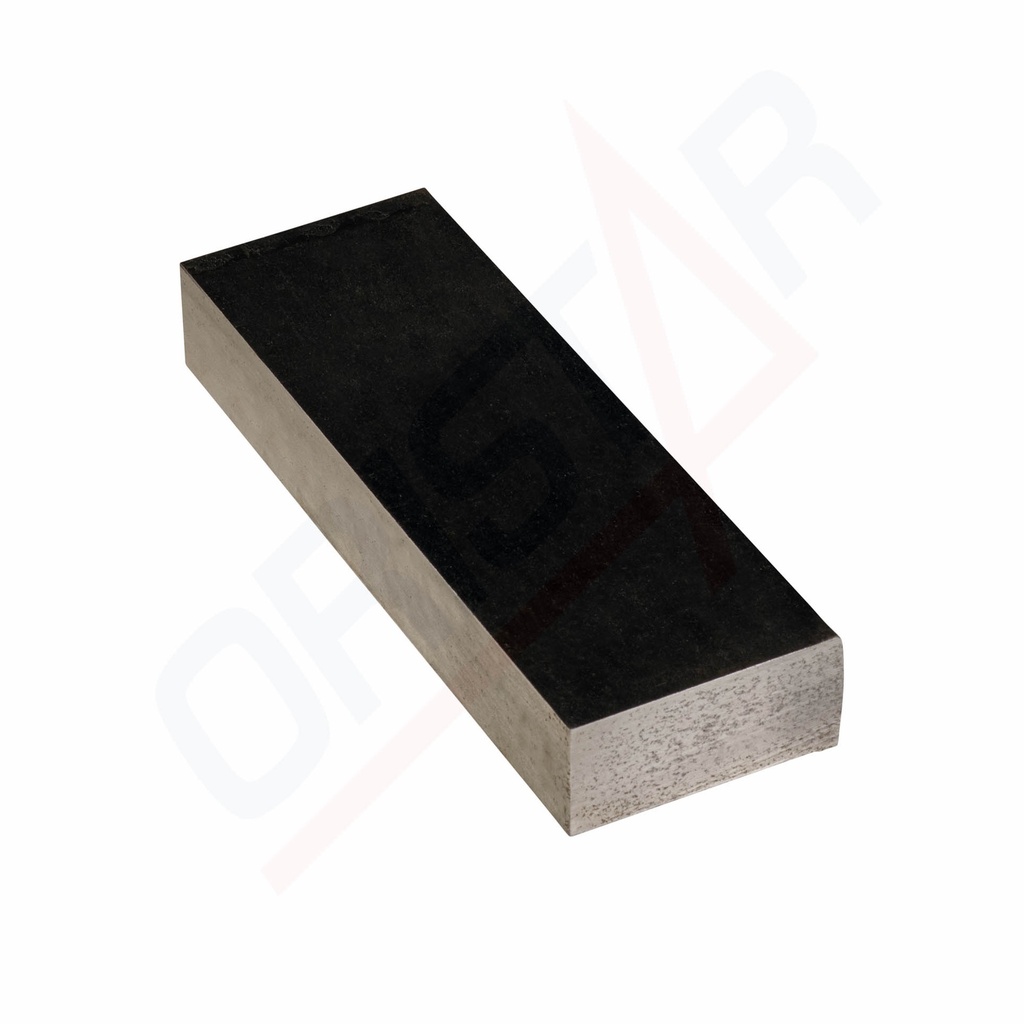THÔNG TIN CƠ BẢN
K110 Alloy Steel is a high-quality alloy steel known for its excellent wear resistance and hardness. K110 is a type of tool steel primarily used in applications that require durability and precision.
Key Characteristics of K110 Alloy Steel:
- Chemical Composition:
- Carbon (C): 1.40-1.60%
- Chromium (Cr): 0.90-1.20%
- Manganese (Mn): 0.30-0.50%
- Molybdenum (Mo): 0.10-0.30%
- Silicon (Si): 0.10-0.30%
- Phosphorus (P): Max 0.030%
- Sulfur (S): Max 0.030%
- Physical Properties:
- Hardness: K110 steel has high hardness, typically achieving HRC 58-62 after heat treatment.
- Wear Resistance: Excellent, due to the high carbon content and additional alloying elements that enhance wear resistance.
- Impact Resistance: Good, especially compared to other tool steels with similar hardness.
- Applications:
- Mold Making Industry: Used in the manufacture of molds and tools requiring high durability.
- Machine Tool Industry: Suitable for machine parts requiring high wear and impact resistance, such as cutting tools, shafts, and other components.
- Tool Manufacturing: Ideal for cutting tools and precision instruments due to its good mechanical properties.
- Form and Size:
- K110 is typically available in the form of plates, bars, or other custom-fabricated products based on application requirements.
Manufacturing and Processing:
- Production Process: K110 steel is produced through standard metallurgical processes, including steelmaking, quenching, and cooling. This process ensures the desired mechanical and chemical properties.
- Machining: Can be machined using methods such as cutting, welding, and heat treatment to meet specific technical requirements.
(Source: Internet)
Key Characteristics of K110 Alloy Steel:
- Chemical Composition:
- Carbon (C): 1.40-1.60%
- Chromium (Cr): 0.90-1.20%
- Manganese (Mn): 0.30-0.50%
- Molybdenum (Mo): 0.10-0.30%
- Silicon (Si): 0.10-0.30%
- Phosphorus (P): Max 0.030%
- Sulfur (S): Max 0.030%
- Physical Properties:
- Hardness: K110 steel has high hardness, typically achieving HRC 58-62 after heat treatment.
- Wear Resistance: Excellent, due to the high carbon content and additional alloying elements that enhance wear resistance.
- Impact Resistance: Good, especially compared to other tool steels with similar hardness.
- Applications:
- Mold Making Industry: Used in the manufacture of molds and tools requiring high durability.
- Machine Tool Industry: Suitable for machine parts requiring high wear and impact resistance, such as cutting tools, shafts, and other components.
- Tool Manufacturing: Ideal for cutting tools and precision instruments due to its good mechanical properties.
- Form and Size:
- K110 is typically available in the form of plates, bars, or other custom-fabricated products based on application requirements.
Manufacturing and Processing:
- Production Process: K110 steel is produced through standard metallurgical processes, including steelmaking, quenching, and cooling. This process ensures the desired mechanical and chemical properties.
- Machining: Can be machined using methods such as cutting, welding, and heat treatment to meet specific technical requirements.
(Source: Internet)


